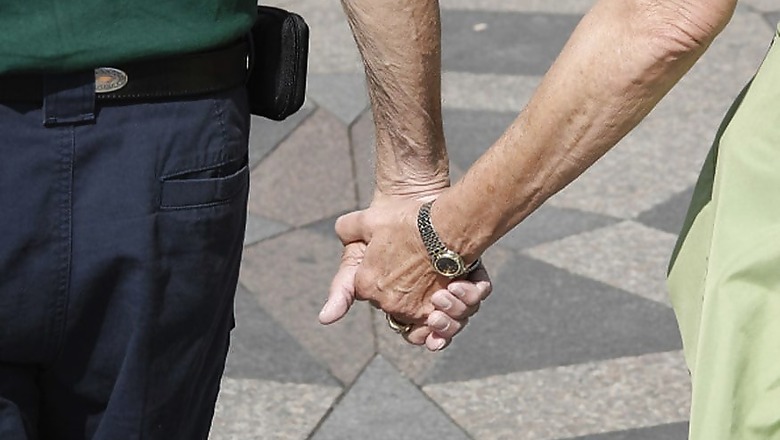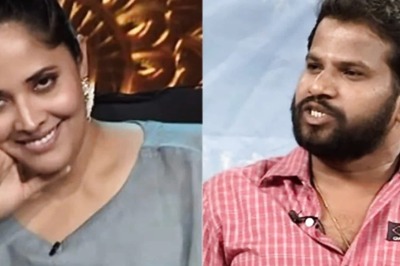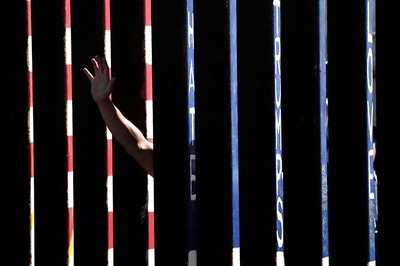
views
Every human being has a right to mental peace and happiness and marriage, which is a sacrament, cannot be a one-sided affair and both partners are entitled to equal respect and responsibilities, the Delhi High Court has observed while dissolving a couple's marriage on the grounds of cruelty and desertion by the husband.
The high court's observation came while dismissing the husband's appeal challenging a family court's decision to dissolve his marriage on the grounds of inflicting cruelty on his wife and deserting her.
A bench of justices Hima Kohli and Asha Menon, in its judgement, said the continuous badgering of the wife by a very insensitive and selfish husband is clear as daylight from the testimony of the daughter and nothing more needs to be said.
The court said this is a typical case that showcases as to what would amount to cruel behaviour on the part of one spouse to the utter detriment of the other.
"Every human being has a right to mental peace, happiness and contentment. Marriage is no doubt a sacrament, but it cannot be a one-sided affair. Both parties to the marriage are equal partners and entitled to mutual respect, sharing of duties and responsibilities, affection, emotional bonding, financial and all other support for the well-being of one another.
"If the relationship is so bitter and lopsided that the welfare and well-being of one is at the immense cost and well-being of the other, there can be no sacrament such as that the appellant (man) now harps about," the bench said.
Initially, the woman, who got married to the man in 1992, approached the family court seeking dissolution of the marriage on the grounds of cruelty and desertion by her husband. The plea was allowed by the family court in November 2019.
The man challenged the family court's decision in the high court, saying the woman could not get the benefit of her own wrong as she had left his company without any reason and claimed that the main reason for the differences between them was the disparity in their incomes and education, though she knew about his qualifications at the time of marriage.
He claimed they lived a happy married life for 20 years and now, when their daughter had turned major and was of marriageable age, it was not in her interest that the divorce petition be allowed as it would destroy her life.
The court, however, said the material on record demonstrates the sincere efforts made by the wife to salvage the marriage and shows that to preserve the relationship, she did more than what was her duty.
The court said there was nothing to commend the man and it was to the credit of the woman that presently, their daughter is pursuing a PhD in the UK and got her master's degree from Switzerland.
It noted that under the domestic violence law, the daughter had sought her father's 50 per cent contribution towards the expenses of her master's programme and job, but he even contested that in court and waited for the court's direction to pay some amount.
"She (daughter) is doing extremely well in her academics, particularly after October 2011. It may not be incorrect to infer that had he not left the respondent (woman) in October 2011, it may have resulted in the down-spiralling of the future of the daughter, about whose welfare the appellant (man) is now showing such concern," the bench said while dismissing the man's appeal as being meritless.




















Comments
0 comment